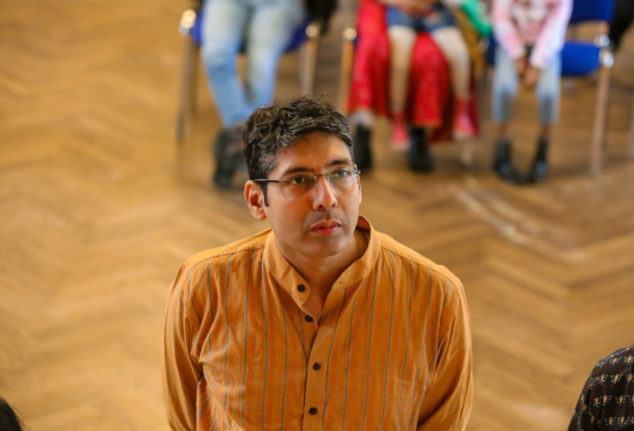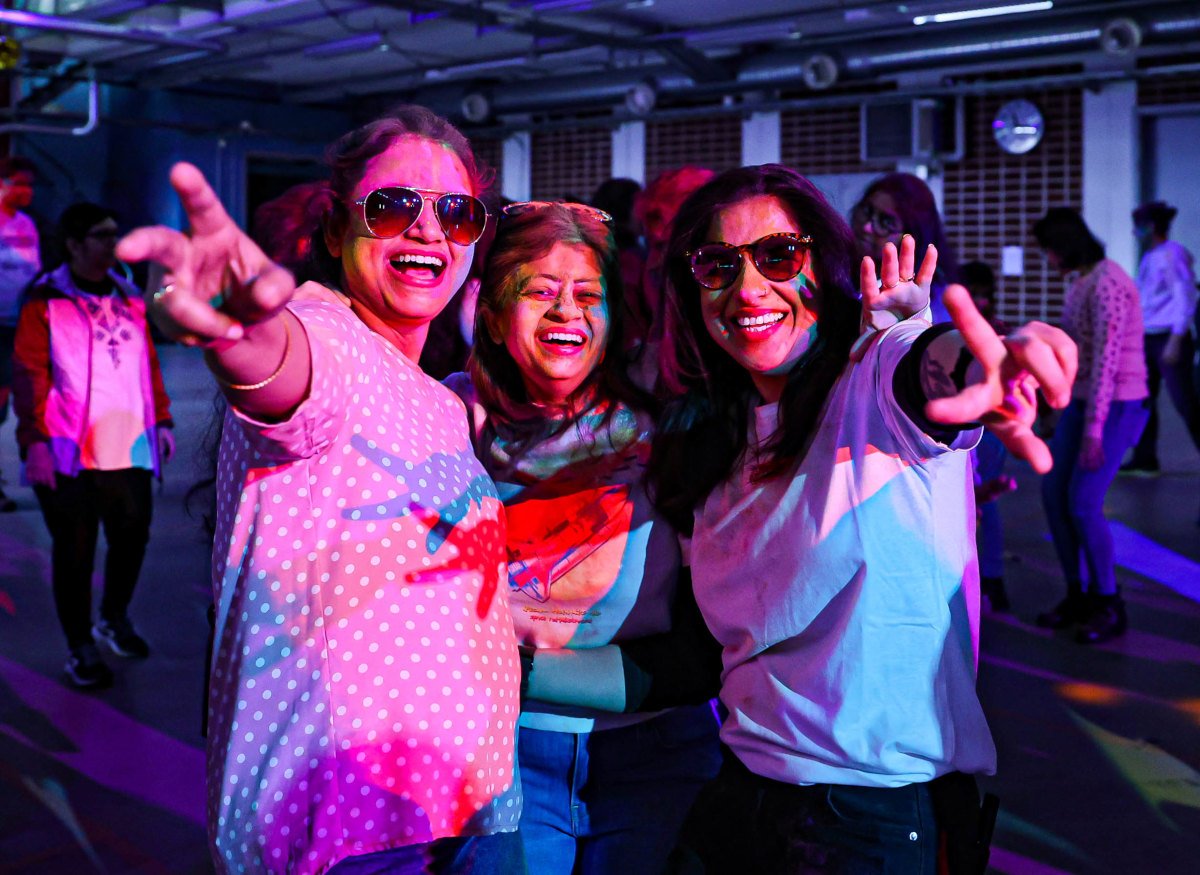Sai moved to Älmhult, the small town that hosts Ikea’s headquarters, back at the start of 2019, after her husband got a job working for the flatpack furniture giant.
She is a qualified physiotherapist and had spent two years practicing back home in India. But it didn’t take long for her to realise that it would be difficult to work in Sweden in her chosen profession, given the difficulty of getting a license to practice.
“After coming over here, I saw that there were so many hurdles in medical fields, and it was a very long procedure of almost four years [to convert],” she says.
READ ALSO:
- Everything you need to know if you lose your job in Sweden
- Readers reveal: What’s it REALLY like working in Sweden?
- The guide to working in Sweden: from job hunt to salary talks
She worked as a substitute teacher, but after almost two years in Sweden, her handler at the Swedish Public Employment Services suggested she retrain.
“I had a chat with my case officer. And I told her about my problems, the language barrier, and how, in the past, I had studied something related to IT, so that’s why she suggested I go for these certifications.”
The case officer enrolled Sai on a six-month full stack developer course at Lexicon, an education supplier in nearby Växjö. It was a tough few months, but Sai didn’t lose hope. She completed the course in February 2021, and then started as an intern at a Stockholm startup the next month.
“It was really tough for me initially, but anyhow, I grabbed some momentum and started understanding coding,” she remembers. “It’s so tough to be a coder, and it is the purest pressure in my whole training time, because I didn’t know anything about coding. All types of coding were alien to me.” She had last studied computers when she was at upper secondary school.
The Covid-19 pandemic was still ongoing, so both the course and the internship were done through remote learning, but that did not stop her from getting a four-month contact as a web developer with a heating technologies company upon graduation.
Then in February this year, she started a permanent contract at Capgemini, after being hired through their Ignite graduate program.
Sai believes that the Public Employment Service’s labour market training courses are a good option for newcomers to Sweden, with some 400 courses on offer, mostly provided by private sector suppliers such as Lexicon, Lernia, or AU utbildning.
You can see a full list of available courses here. And here is some information on going on a study visit.
“You choose which field you want to belong to, and when you choose, they give you some type of study visits,” she says. “And then you go and explore and receive information, and then your case officer enrolls you if there is a vacancy after a short interview.”
In May, the employment service reported that 20,210 people had undertaken labour market training in 2021, and that there were currently 40,000 people either awaiting a decision or engaged in labour market training.
The program is expensive, costing Sweden’s government 1.5 billion kronor in 2021, but according to the report, 43.7 percent of those who took courses were working 180 days after their course was completed, and 36.2 percent were working 90 days after the training finished.
While studying, you still qualify for unemployment benefit from the Swedish Social Insurance Agency.
Sai says that there were people on her coding course from Ireland, Israel, Iran, Sweden and Poland, among other countries, and that only about 20 percent had a direct background in IT, with the rest having had careers in other fields.
She was the only one in the class with absolutely zero experience with computers or coding, however.
“It was very, very, very hard for me. I was like, ‘I will quit it. I won’t be able to do it.’ But my family supported me a lot. And they said, ‘you have to do it, you can’t back out because you can you don’t have any other option'”.
She lacked the qualifications, she says, to do a less intensive computer programming course at a university, and lacked the qualifications needed for other jobs in Sweden.
“I used to like studying day and night, and somehow, I managed it. Right now, I will not say that I’m the best or a perfect coder in today’s world, but I’m working towards becoming a good coder.”





 Please whitelist us to continue reading.
Please whitelist us to continue reading.
Member comments